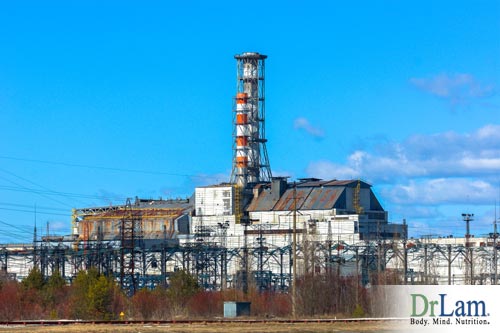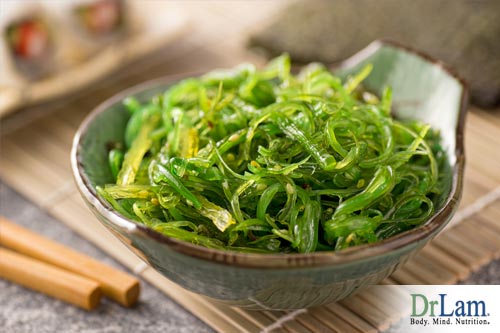 Over 1,550 people have died between 1945 and 1987 in 285 nuclear accidents. Chernobyl is an example that comes to mind. Radioactive particles blanketed Europe with the meltdown of Chernobyl's graphite core nuclear reactor. 1,800 children and counting have been diagnosed with thyroid cancer. People that worked the Chernobyl clean-up were 6 times more likely to have children with genetic mutations. This means that inheritable conditions can be caused by low doses of radiation poisoning.
Over 1,550 people have died between 1945 and 1987 in 285 nuclear accidents. Chernobyl is an example that comes to mind. Radioactive particles blanketed Europe with the meltdown of Chernobyl's graphite core nuclear reactor. 1,800 children and counting have been diagnosed with thyroid cancer. People that worked the Chernobyl clean-up were 6 times more likely to have children with genetic mutations. This means that inheritable conditions can be caused by low doses of radiation poisoning.
Three Mile Island, another nuclear incident beginning in 1979, found strontium particles blown as far as 150 miles away. These particles stay in our environment for hundreds of years. Even after containment, the radioactive material is still decaying and will continue to do so far at least another year. During this time, more radioactive particles are being released into the environment.
The impact on society after any nuclear accident is great. We can come into contact radioactive particle virtually from any source, air, water, food, etc. Once in our body, radioactive particles attach to cells and absorb minerals and trace elements, hindering the body from carrying out normal functions. Our immune system is left vulnerable, leaving us unguarded to viruses and other microorganisms.
Some common side effects of radiation poisoning include loss of appetite, skin problems, loss of taste, and fatigue. The three organ system affected most are the gastrointestinal track, thyroid, and bone marrow. Prevalent longer term symptoms present such as premature aging, cancer, leukemia, genetic mutations, and bone and thyroid disorders are common.
Potassium Iodide (KI): KI, when taken, provides a stable iodine source for your thyroid to absorb. The thyroid absorbs as much iodine as it can, leaving it unable to absorb any radioactive iodine for the next 24 hours. KI are available in tablet and liquid form after a nuclear related accident. Per FDA, these doses are suitable to ingest when internal contamination has occurred or is suspected to have occurred.
When KI is not available, Iodine supplements may be used. They contain less iodine than potassium iodide but are still a good source if no other is available. Just one dose of KI will protect your thyroid for 24 hours. In cases where radioactive iodine may be in the environment for more than one day, then take KI every 24 houses. Only do this after having consulted with your doctor, public health official, or emergency management personnel.
You should not take KI if you are allergic to iodine (If you are unsure about this, consult your doctor. A seafood or shellfish allergy does not necessarily mean that you are allergic to iodine.) or you have certain skin disorders (such as dermatitis herpetiformis or urticaria vasculitis).
People with thyroid disease (for example, multi-nodular goiter, Graves' disease, or autoimmune thyroiditis) may be treated with KI. This should happen under careful supervision of a doctor, especially if dosing lasts for more than a few days.
In all cases, talk to your doctor if you are not sure whether to take KI.

Disasters happen, it's how you deal with it that counts.
